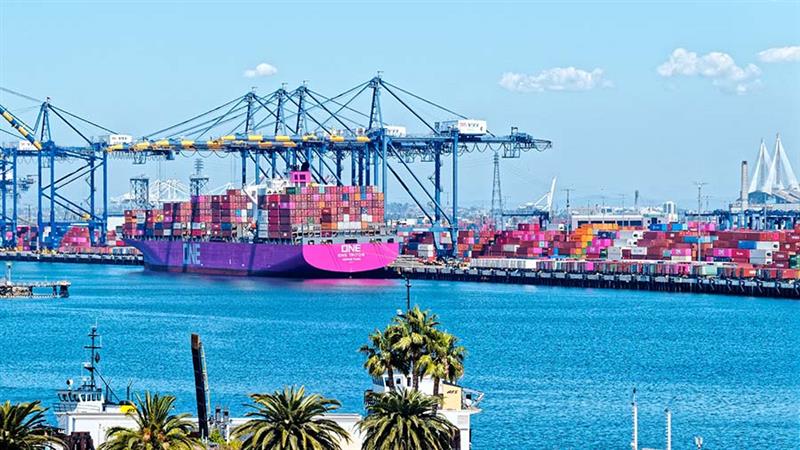Tax Policy Clarification Released for China’s Western Region
Aug. 10 – On July 27, China’s National Bureau of Statistics, the Ministry of Finance, and the General Administration of Customs jointly published the “Circular on Issues Concerning Tax Policies for In-depth Implementation of Western Development Strategy (Caishui [2011] No.58, “Circular”),” effective from January 1, 2011.
The western region in the Circular includes Sichuan Province, Guizhou Province, Yunnan Province, Shaanxi Province, Gansu Province, Ningxia Hui Autonomous Region, Xinjiang Uighur Autonomous Region, Inner Mongolia Autonomous Region, Tibet Autonomous Region, Guangxi Zhuang Autonomous Region, the municipality of Chongqing, and the Xinjiang Production and Construction Corps.
The Tujia and Miao Autonomous Counties in western Hunan and Hubei Provinces, as well as the Yanbian Korean Autonomous Prefecture in Jilin Province, may refer to the western region taxation policy when implementing their own taxation policy.
According to the Circular:
- Equipment imported for self-use within the total investment amount limit by projects in the domestic-funded and foreign-invested encouraged industries, as well as priority industries in the western region, are exempt from customs duty within the scope of the related policies.
- Enterprises within the encouraged industries established in the western region enjoy a reduced 15 percent corporate income tax (CIT) rate from January 1, 2011 to December 31, 2020. Encouraged industries refer to enterprises whose primary businesses are those stipulated in the “Catalogue of Encouraged Industries in the Western Region.” The income from the primary business should account for over 70 percent of the enterprise’s total income.
- Transportation, electric power, water conservancy, postal services, radio and TV enterprises in the western area newly established before December 31, 2010 and entitled to the “two-year exemption and three-year 50 percent reduction” preferential CIT policy – according to the “Circular on Issues regarding Preferential Tax Policies for Developing the Western Region, Article 2.3 (Caishui [2001] No.202)” – shall continue to enjoy the preferential policy until its expiry.
Recently the Minister of Finance Xiao Jie and Vice Minister Qiu Xiaoxiong went to Xinjiang, leading officials from the General Administration of Customs and other related departments to conduct research on the issues concerning the taxation in Xinjiang as well as implementing the Central Government’s taxation policy for supporting the development of Xinjiang, according to a report on the Ministry of Finance’s official web site.
Dezan Shira & Associates is a boutique professional services firm providing foreign direct investment business advisory, tax, accounting, payroll and due diligence services for multinational clients in China. For advice, please email tax@dezshira.com, visit www.dezshira.com, or download the firm’s brochure here.
Related Reading
Xinjiang to Become More Accessible for Foreign Investors
West China: Why FDI Should Consider the Region
 Doing Business in China
Doing Business in China
Our 156-page definitive guide to the fastest growing economy in the world, providing a thorough and in-depth analysis of China, its history, key demographics and overviews of the major cities, provinces and autonomous regions highlighting business opportunities and infrastructure in place in each region. A comprehensive guide to investing in China is also included with information on FDI trends, business establishment procedures, economic zone information, and labor and tax considerations.
 The China Tax Guide (Fifth Edition)
The China Tax Guide (Fifth Edition)
This popular book, fully updated with all recent tax changes and amendments, details all taxes in China affecting businesses and individuals, how to calculate the amounts due, tax registration and filing procedures, tax minimization techniques, and claiming VAT rebates. It also details good financial management techniques, handling negotiations with the tax bureau and annual audit and compliance procedures.
- Previous Article China Clarifies Issues Related to New IIT Law
- Next Article Roles and Responsibilities of the China Legal Representative



























